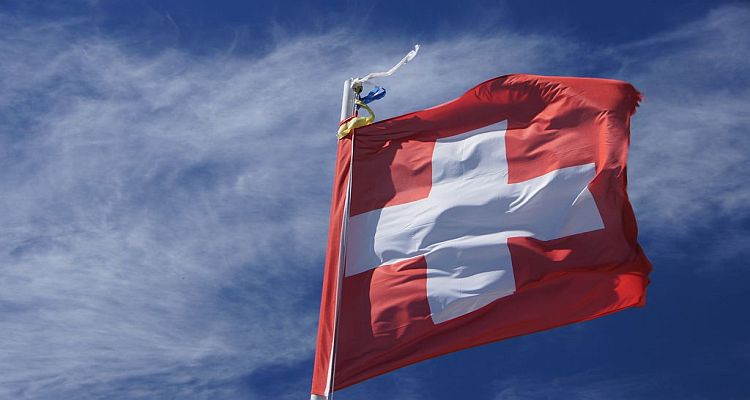Switzerland’s new Money Gaming Act that will officially legalize online gambling in the European nation has passed the final vote in the country’s parliament. The new legislation, which was drafted to modernize the industry and replace the antiquated Gambling Act from 1998 and the 1923 Lotteries and Betting Act, has also drawn criticism from local youth organizations which are now planning a referendum to oppose the bill, according to a recent report.
Under previous provisions, online gambling in Switzerland was not specifically prohibited, giving room for international operators to target local players. To remedy the problem, the Swiss government proposed an online gambling blockade of foreign operators that was immediately criticized by SWICO (Swiss Association for Information, Communications and Organization Technology) for being harmful to the country’s digital economy. The ban was later implemented in a new gaming legislation proposed in March which also set to legalize online gambling in Switzerland.
Per the new Act, operating online gambling services will only be allowed for locally licensed operators who have already established a land-based presence in the Swiss casino sector. To ensure proper compliance, the legislation also requires Swiss ISPs (Internet Service Providers) to block locals from accessing international operators. Taxation has also been altered by the legislation, which now reads that winnings from lottery or sports betting will be taxed only if exceeding CHF 1 million.
The new Act is now being opposed by the youth wings of the Green Liberal Party, the Swiss People’s Party, and the Free Democratic Party, all of which will reportedly be helping to organize a referendum to overturn the legislation, arguing that the internet blockade is a violation of internet freedoms.
In January 2018, the new gaming laws are reportedly due to take effect, however, they could be delayed if 50,000 signatures are collected from Swiss citizens who oppose the Act. According to Swiss law that is what is needed to initiate a referendum. The parties will officially begin collecting signatures on October 10th and, per the law, they will have a time-frame of 100 days to collect them all.



